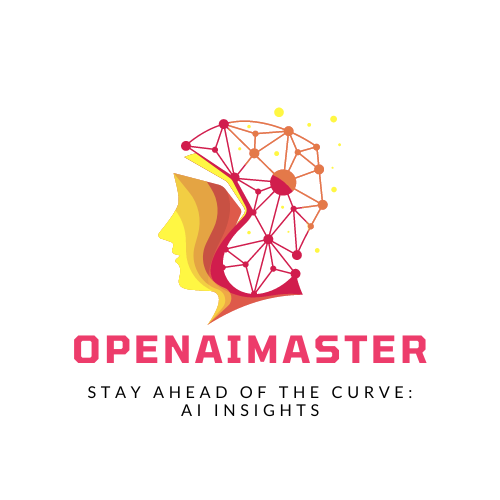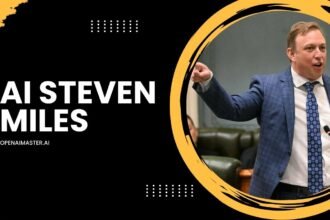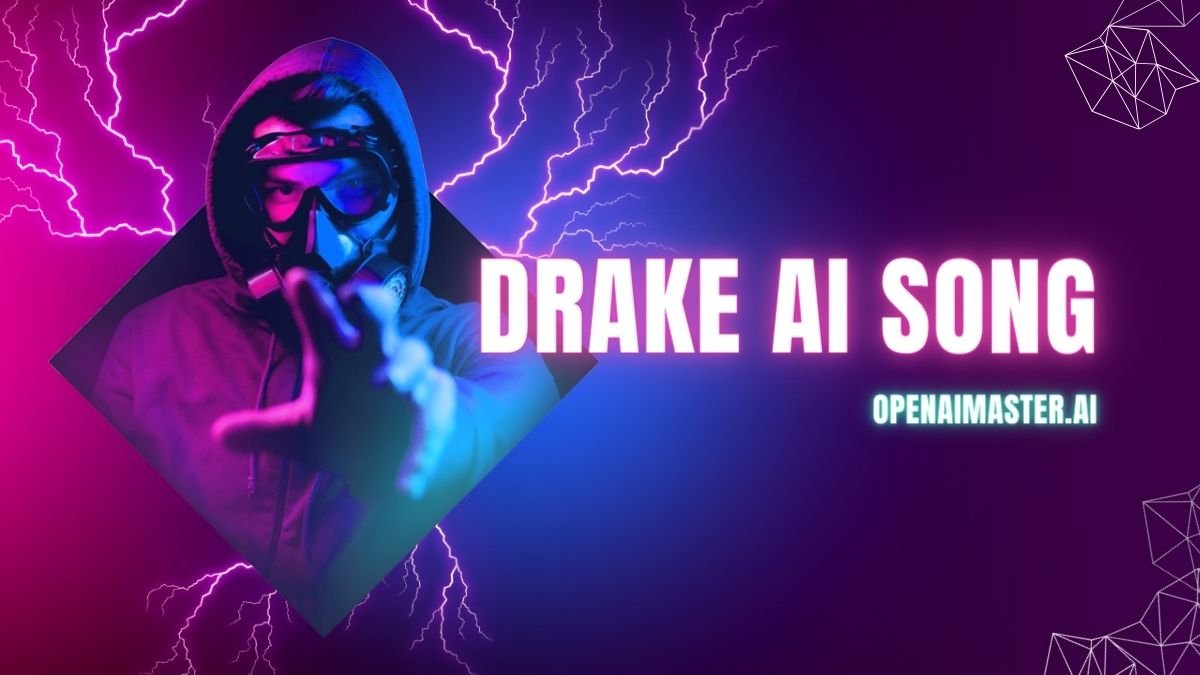Introduction
In early April 2023, the music world was set ablaze by the release of a mysterious new song that sounded eerily similar to Canadian rap superstar Drake. The track, titled “Heart on My Sleeve,” went viral across streaming platforms like Spotify, YouTube, and TikTok, racking up millions of streams and views within days. However, it soon became clear that this was no ordinary Drake release – “Heart on My Sleeve” was an AI-generated song, created by an anonymous TikTok user who had used artificial intelligence to mimic Drake’s iconic vocals. The song sparked intense debate about the ethics of AI in music, copyrights, and the future of the industry.
The Creation of “Heart on My Sleeve”
The creator behind “Heart on My Sleeve” was a TikTok user going by the handle ghostwriter977. In an interview, ghostwriter977 explained the process of making the song: first, they wrote the lyrics and composed the beat themselves. Then, they had a vocalist record the lyrics over the beat. Finally, they used an AI model trained on Drake’s vocals to transform the original vocals, making them sound virtually indistinguishable from the real Drake.
Ghostwriter977 claimed their goal was not to deceive listeners or infringe on Drake’s intellectual property, but rather to showcase the capabilities of modern AI technology and its potential applications in music. “I made this song to start a conversation about the role AI will play in the future of music,” they said.
Viral Success and Takedown
Released on April 4th, 2023, “Heart on My Sleeve” spread like wildfire across social media and streaming platforms. On Spotify alone, it amassed over 600,000 streams within the first week. The song’s YouTube upload racked up 275,000 views before being taken down, while on TikTok it received a staggering 15 million views.
However, the song’s success was short-lived. Just days after its release, Universal Music Group (UMG), which owns the rights to Drake’s music, issued a takedown notice citing copyright infringement. Streaming services and video platforms swiftly complied, removing “Heart on My Sleeve” from their platforms.
Legal and Ethical Debates
The rise and fall of “Heart on My Sleeve” ignited a firestorm of legal and ethical debates within the music industry. From a legal standpoint, the use of AI to mimic Drake’s voice without permission raised thorny questions about intellectual property rights and copyright laws ill-equipped to handle emerging AI technology.
Ethically, the song highlighted concerns about consent, artistic integrity, and the potential for AI to be used deceptively. Many argued that while ghostwriter977’s intentions may have been benign, the act of creating an AI-generated impersonation of a famous artist without their knowledge or approval was a breach of trust and set a dangerous precedent.
The Future of AI in Music
Despite the controversies surrounding “Heart on My Sleeve,” the song also sparked excitement about the creative potential of AI in music production. Some industry figures argued that, properly regulated and with artist consent, AI could be a powerful tool for musicians, allowing them to experiment with new sounds and styles in unprecedented ways.
In a surprise twist, ghostwriter977 even submitted “Heart on My Sleeve” for consideration at the 2024 Grammy Awards. While the song was ultimately deemed ineligible due to the lack of artist consent, Recording Academy CEO Harvey Mason Jr. stated that AI-assisted tracks written by humans would be eligible for future Grammys, signaling a shift in how the industry views AI’s role.
Conclusion
The saga of “Heart on My Sleeve” was brief but impactful, shining a spotlight on the rapidly evolving intersection of AI and music. While the song itself was swiftly removed from platforms, its legacy will undoubtedly linger as the music industry grapples with how to adapt to and regulate AI technology.
As AI capabilities continue to advance, artists, labels, and governing bodies will need to establish clear guidelines and ethical standards to protect intellectual property rights while still allowing for creative experimentation and innovation. The rise of “Heart on My Sleeve” served as a wake-up call that the future of music is rapidly approaching – and the industry must be prepared to meet it head-on.




